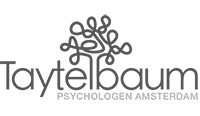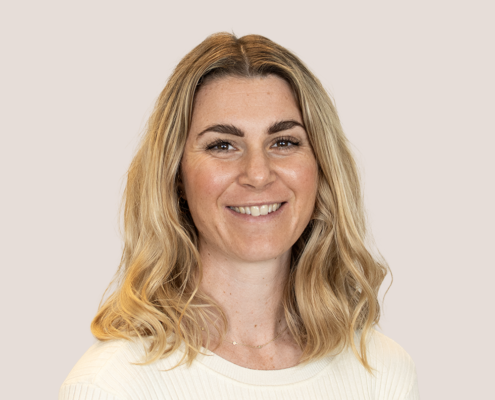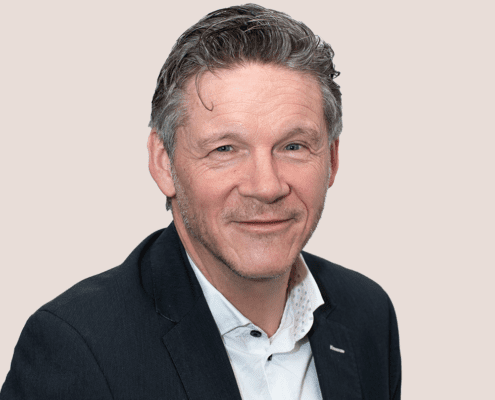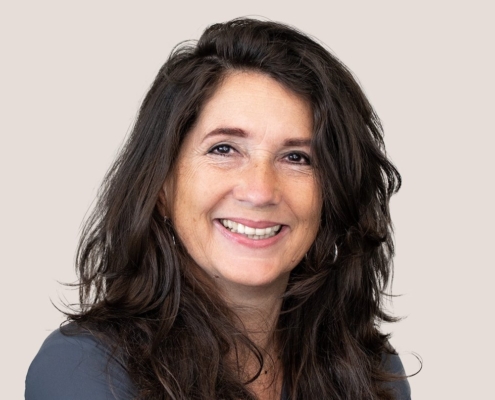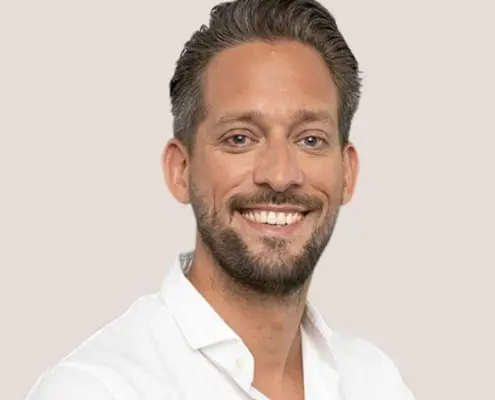For whom?
- When you often react to someone else in the same unwanted way, while you intended to react differently.
- When you show persistent patterns that you cannot change, even if you really want to.
- When your feeling is not cooperating and is pushing you in a different direction, while you know with your common sense what you should actually do.
What is schema therapy?
Schema therapy has been specifically developed for recurring long-standing problems. This often concerns persistent anxiety or mood problems and long-term disorders in personal functioning. If these problems are so serious that they negatively affect your life for long periods in all kinds of areas, then there may (sometimes) be a personality disorder.
Schema therapy focuses on the problems you experience in your current life as well as your past experiences, which may also be the cause of your problems.
Schemas
Schema therapy is focused on learning to recognize and change long-standing behavioral patterns that bother you or that cause trouble in your life. The origin of these patterns can often be found in the past. Negative past experiences such as: being abandoned, criticized, abused and left out, lead to negative beliefs about yourself and your environment. These negative beliefs are called schemas and eventually become a kind of second nature. Therefore, they often lead to long-term problems in functioning.
The schemas determine the way we think, feel, act and interact with others. They provoke strong feelings of anger, sadness and fear, both in ourselves and in others. Even if we have achieved things, we cannot enjoy them.
A schema is not easy to put into words, because it feels so obvious that it often does not occur to you that the thoughts and feelings that go with it may not be right.
There are different types of schemas:
- Abandonment / instability
- Mistrust / abuse
- Emotional neglect
- Dependency
- Vulnerability
- Entanglement
- Inferiority / shame
- Social isolation
- Failure
- Submission
- Self-sacrifice
- Extremely high demands
- Insufficient self-control
Mode
When one or more schemas are hit, you can end up in a certain mood (mode). A mode is characterized by certain (intense) emotions and behaviors.
Four different modes are distinguished:
- The healthy adult mode: functional thinking, feeling and acting.
- Child modes: basic childhood schemas are triggered by events similar to past events that gave rise to the formation of these schemas. The modes are characterized by strong emotions that seem childlike.
- The protective modes: represent attempts of the child to adapt to a life with unmet emotional needs in a harmful environment. These coping modes were a good adaptation and protection as a child, but are no longer appropriate in adult life and can even become a disadvantage.
- The internalized parent modes: the parent’s attitude to the child at the time is often internalized and is reflected in self-punishment and rejection, especially when the childlike state is activated.
In a schema therapy, you and your therapist investigate which schemas are related to your problems. You will then learn to weaken the influence of these schemas and build healthier schemas.
Attention is paid to past experiences that have led to the formation of negative schemas. By looking at these experiences with a more neutral, adult point of view, you learn to slowly distance yourself from the negative conclusions you have ever drawn about yourself or others. A lot of attention is paid to the way in which schemas affect your relationships and also how they are expressed in the therapy itself.
Contact Psychologen Amsterdam
Do you need help or do you just have a question about schema therapy? Then call for an appointment or send a message to Psychologen Amsterdam.
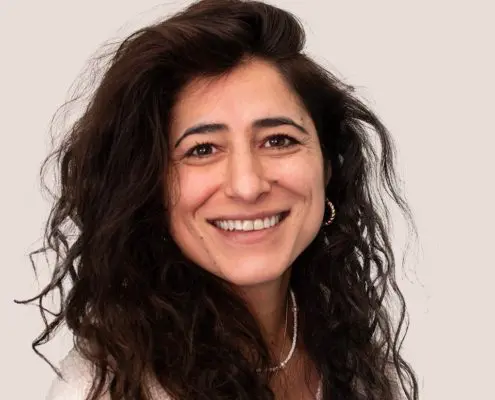 https://www.amsterdam-psycholoog.nl/wp-content/uploads/2024/01/Sahar-Setorg.jpg
960
960
admin
https://www.amsterdam-psycholoog.nl/wp-content/uploads/2019/11/Psychologen-amsterdam-logo.png
admin2024-03-25 10:23:212024-03-27 08:18:49Sahar Setorg
https://www.amsterdam-psycholoog.nl/wp-content/uploads/2024/01/Sahar-Setorg.jpg
960
960
admin
https://www.amsterdam-psycholoog.nl/wp-content/uploads/2019/11/Psychologen-amsterdam-logo.png
admin2024-03-25 10:23:212024-03-27 08:18:49Sahar Setorg